Location
Our Idaho Location
Located in Boise, Idaho, Northpoint Recovery is proud to offer quality drug and alcohol detox as well as alcohol and drug rehab in the Treasure Valley.
- Idaho
2335 E. State Ave,
Meridian, ID 83642

People who live in Mountain Home, Idaho have access to many mental health and addiction recovery resources. There are many support groups, 12-Step programs and ways to get professional treatment in the local area. People only need to determine which type of program might be the best fit for them.
At Northpoint Recovery, we offer both addiction recovery and mental health services at our facilities. But we know that not everyone can take advantage of them. This page offers additional options for both mental health and addiction recovery resources in Mountain Home.
So many people fail to get the professional addiction help they need because they feel as though they can’t afford it. Fortunately, organizations like SAMHSA exist for this purpose SAMHSA.gov is an organization that can provide you with the information and links you need to get more information about free and low cost financial aid opportunities. Its main goal is to assist you with getting addiction help. Visit their website to learn more.
There are also many other ways that you can get the addiction treatment help you need at little to no cost at all to you. Two of the most popular government-funded programs include Medicare and Medicaid.
If you have private insurance, your insurance plan may also cover some, if not all, of the costs. While insurance is not free, the insurance verification services that are out admissions team offer is.
Each insurance policy will offer a different type of coverage. It’s also important to note that each drug and alcohol rehab facility will accept different insurance plans. Here, at Northpoint Recovery, we participate in 10 different insurance networks.
If none of these situations apply, you can also look for addiction treatment assistance from government programs. Idaho offers some state-funded programs. There are also some non-profit organizations out there that are willing to lend a hand.
Other than addiction treatment, it’s possible to find an array of support groups and recovery meetings in Idaho. Alcoholics Anonymous (AA) and Narcotics Anonymous (NA) are shining examples. Here’s a better look at these programs and the different meeting times and locations in Mountain Home, ID.
Both Medicare and Medicaid are government funded programs. They’re designed for families or for individuals with a low-income. The eligibility requirements for each program are a bit different. It's also possible for Americans to quality for both programs.
Here's a quick look at the differences between the two programs.
This public insurance program was created thanks to the 2010 Affordable Care Act. This insurance program covers drug and alcohol addiction treatment, but it's not always accepted by all drug and alcohol rehab facilities.
If a rehab facility accepts Medicaid, this insurance will pay for interventions, family counseling, addiction assessments, medications, counseling and more. This program will also pay for both inpatient and outpatient care.
Those who qualify will not have to make any co-payments to get the addiction treatment they need. There will also be a maximum set for out-of-pocket expenses.
If this program sounds good to you, you must first see whether you quality. To quality for this program, you must be one of the following:
This insurance program may also include families and individuals who are within a certain income bracket. In general, Medicaid will only cover those who earn less than 133% of the federal poverty level (FPL).
Medicare is a bit different from Medicaid. Only those who are over 65 years of age and are disabled are eligible. Those who are interested in this type of insurance plan will need to pay a monthly premium. The premium is based on the individual's monthly income.
Those who participate can choose between 4 different plans. They include:
Those who opt for Medicare should spend some time understanding the different plans that are available. This can help them make a more informed decision on what may be best.
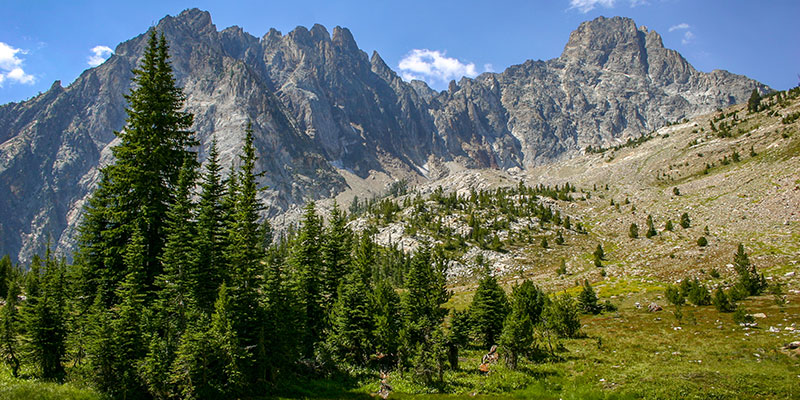
Alcoholics Anonymous is an organization that has helped thousands of people overcome their alcoholism. This 12 step program follows twelve steps. The meetings are faith-based, but anyone can join them. AA has no religious affiliations at all.
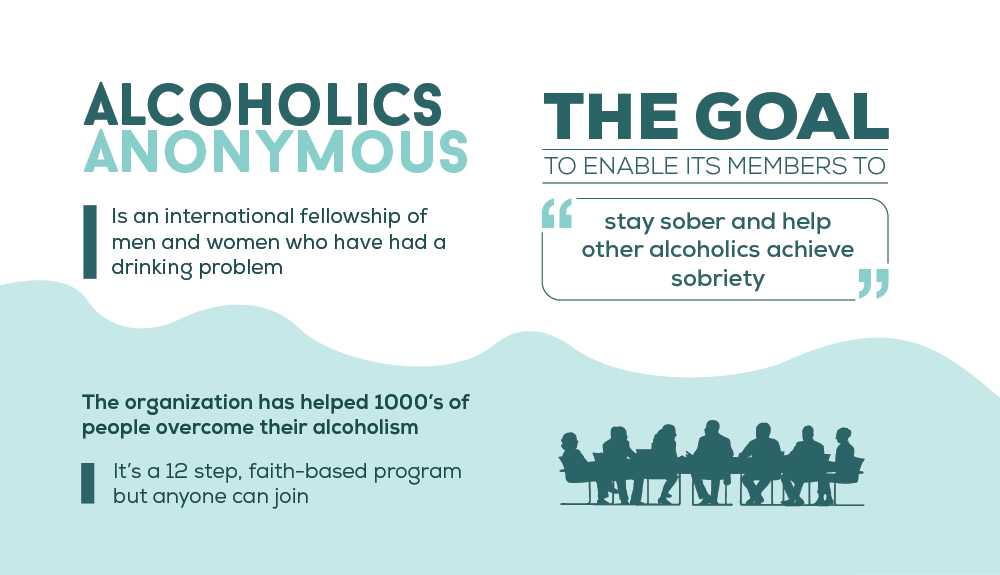
These recovery meetings were first founded in 1935 in Akron, Ohio. Since then, the organization has grown significantly. Nowadays, AA meetings are held everywhere in the world. They've helped millions of alcoholics turn their life around.
AA meetings in Mountain Home, Idaho are separated into two different types: open meetings and closed meetings. Only recovering alcoholics are allowed to go to closed meetings, but anyone can attend an open meeting. It's not unusual to find researchers, therapists and loved ones at these meetings.
Mountain Home AA meetings give recovering alcoholics a chance to reflect on their struggles. Everything that's shared in these meetings is kept 100% confidential. This means that members don't have to worry about anything they say getting back to them in a negative way.
Members participate in daily reflections, book studies, speaker discussions, step studies and more. They also get partnered up with a mentor or sponsor, as well as bond with other recovering alcoholics. Compassion can make a world of a difference when it comes to addiction recovery.
It's possible to find several AA meetings in Mountain Home. Check the schedule below for more information. Those who can't make it to an AA meeting in Mountain Home can always try a meeting held in a city nearby.
Group name: Mountain Home Women’s Meeting (for women only)
Meeting time: 3:30 PM
Address: 315 N 3rd E S
Group name: Mountain Home Group
Meeting time: 6:00 PM
Address: 315 N 3rd E S
Group name: Mountain Home Group
Meeting time: 8:00 PM
Address: 315 N 3rd E S
Group name: AA Noon Group
Meeting time: 12:00 PM
Address: 950 N 7th E
Group name: Mountain Home Group
Meeting time: 6:00 PM
Address: 315 N 3rd E S
Group name: Mountain Home Group
Meeting time: 6:00 PM
Address: 315 N 3rd E S
Group name: Mountain Home Group
Meeting time: 6:00 PM
Address: 315 N 3rd E S
Group name: Mountain Home Group
Meeting time: 8:00 PM
Address: 315 N 3rd E S
Narcotics Anonymous provides assistance to those who are struggling with drug addiction in a support group setting. These meetings are similar to AA meetings. They follow the same structure and the twelve principles and steps. The only difference lies in the type of substances being abused.
NA meetings can be further separated into different specialties. For example, Cocaine Anonymous (CA) is reserved for drug abusers who are addicted to cocaine. Pill Anonymous (PA) and Heroin Anonymous (HA) are also some popular NA groups.
Once again, there are a handful of NA meetings in Mountain Home. Take a look at your options below.
Group name: El Ada - Mountain Home Chance for Recover
Meeting time: 7:00 PM
Address: 240 N 3rd East
Group name: El Ada - Mountain Home Chance for Recover
Meeting time: 7:00 PM
Address: 240 N 3rd East
Group name: El Ada - Mountain Home Chance for Recover
Meeting time: 7:00 PM
Address: 240 N 3rd East
Group name: El Ada - Mountain Home Chance for Recover
Meeting time: 7:00 PM
Address: 240 N 3rd East
Read great recovery stories, learn about the latest treatments, and find out how addiction affects yourself and your loved ones in our blog.
Read Our BlogAl-Anon is an organization that offers support and help to families of those suffering from addiction. Having a friend or a family member addicted to drugs can be equally as stressful. Many loved ones will struggle with the addiction as well. They may dedicate all of their time to help the addict get clean and sober.
Unfortunately, this is not as easy as it looks. More often than not, loved ones of addicts will be left disappointed. They'll start to feel depressed and hopeless about the situation. After all, there's not much that they can do to change the outcome.
Al Anon is like a shining light in a dark room. It gives family members and friends of addicts a safe place to talk about their feelings. People who are in similar situations can bond with one another to get the support they need to make it through difficult times.
These meetings not only teach loved ones how to handle an addict, but they also teach them something even more important: how to live a happy and healthy life. Don't let the addict interfere with your own happiness or prevent you from moving onto better things.
There is just one Al Anon meeting in Mountain Home, ID. Those who can't make this meeting can consider taking a look at online options and alternatives.
Meeting time: 12:00 PM
Address: 950 North 7th East - Nazarene Church Annex
Contact information
Deb: 208-371-9361
Barrie: 936-433-6131
Various online support groups are available to provide additional support to those in recovery. These support groups are a great choice if you cannot make it to an in-person meeting. With an online support group, you can access the help you need with either a computer or a laptop. Some of the options available include:
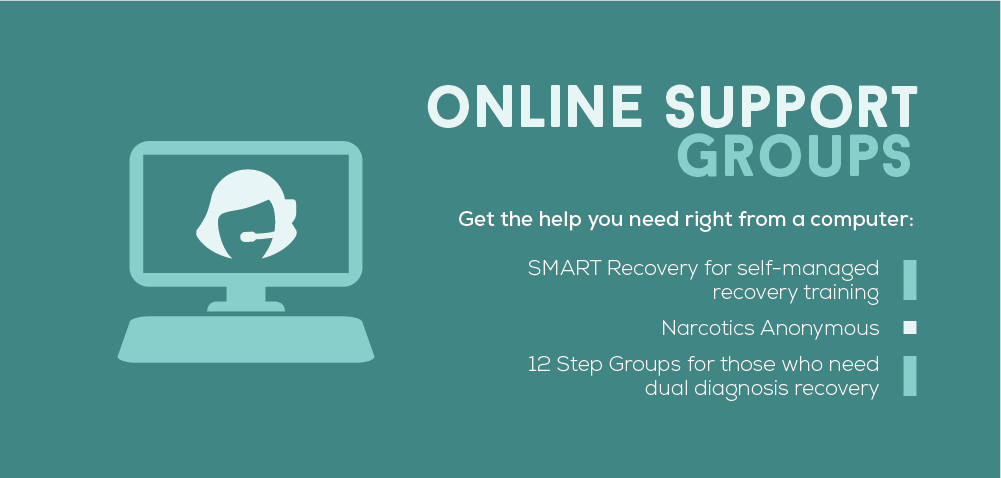
Once again, recovering addicts can go to as many and as little online support groups as they wish. These recovery meetings are great supplemental meetings for those who need some extra support and help.
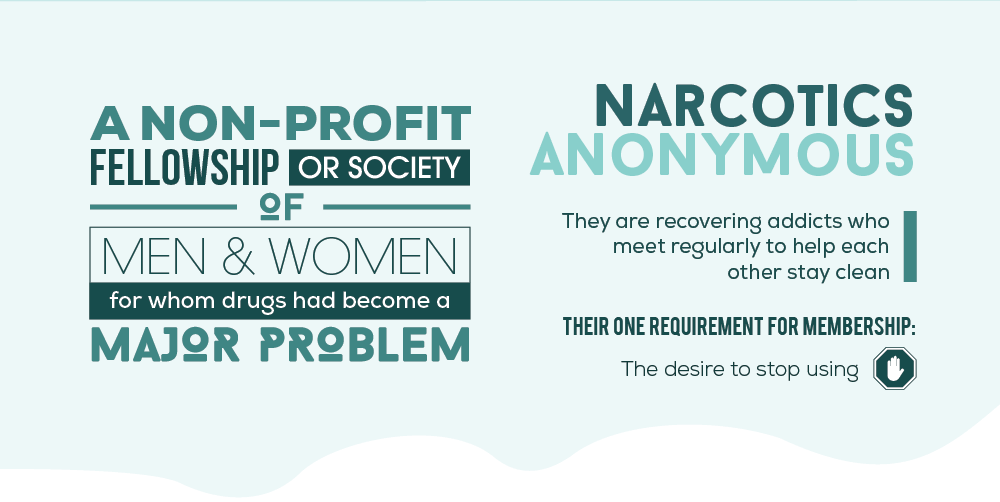
There are several mental health resources that are available to people who live in Mountain Home. Among them are support groups and community programs.
The National Suicide Prevention Lifeline is available 24/7 to help with crisis intervention services. Their phone number is 1-800-273-8255.
The Idaho Suicide Prevention Hotline provides crisis intervention services by phone or text. Their phone number is (208) 398-4357.
Drug and alcohol overdoses are incredibly common among addicts. Many substance abusers will have experienced an overdose at least once in their life. Not all overdoses are fatal. However, just because an overdose wasn't fatal, it doesn't mean that it won't cause lasting damage to the overdose victim.
If you or someone you know abuses drugs or alcohol, it's important to know how to act when faced with an overdose. Since overdoses are incredibly common, there's a good chance that it'll happen to you or to someone you know.
Idaho Office of Drug Policy"
The first thing that you should always do is call 9-1-1. Don't hesitate. Provide the 9-1-1 operators with as much information as possible. They'll need this information to guide you on what to do next. This is because the overdose symptoms for each substance will differ. The best course of action for helping an overdose victim will also differ.
Once you've called 9-1-1 and provided the operators with as much information as possible, you'll want to monitor the overdose victim's condition. If he or she is still conscious, try to gather as much information as possible. For example, ask them how much drugs or alcohol they consumed. Try to get a better idea of when the substance was ingested, as well as the method of administration used.
If the overdose victim loses consciousness, you should place him or her in a recovery position. This basically means that you'll lay the overdose victim on his or her side. Make sure that his or her body is supported by a bent knee. Also, make sure that his or her face is turned to the side. This will help keep his or her airway clear and will prevent him or her from choking on any vomit.
Once the emergency responders arrive, they’ll take the overdose victim to the nearest hospital. You can ride along in the ambulance or meet them at the hospital.
To treat an opioid overdose and to prevent a fatality, administer naloxone. Naloxone reverses the effects of opioids and opiates. As a result, it can reverse an overdose. As naloxone takes effect, the overdose victim will start to feel better.
Naloxone comes in the form of either a nasal spray or an intramuscular injection. Both methods of administration are equally as easy to use. The intravenous dose will kick in faster than the nasal spray. In general, effects can be seen within a minute, and will last for up to 60 minutes. This will be enough time for emergency responders to arrive at the scene and provide medical attention and services to the overdose victim.
Since naloxone is incredibly effective, the Idaho House passed Bill 108. This bill allows people with a drug use disorder and their friends and family to get their hands on naloxone. The goal is to reduce opioid overdose rates.
As a result, it should be fairly easy for you to get your hands on naloxone regardless of whether you're an opioid addict or if you know someone who is an addict. You can generally find naloxone at:
Many emergency responders and police officers will carry naloxone on them. These professionals are trained on how to administer this drug. They'll know how to treat and care for someone who is overdosing on opioids and opiates.
In Idaho, naloxone costs anywhere from $33 to $100 depending on the formulation. The cost will also vary slightly from one pharmacy to another.
Drug abusers may also be able to get this drug for free at medical centers and clinics. Some addiction organizations and associations will hand these out to people who are at risk of experiencing an overdose.
Those who abuse opioids or know someone who does should try to get their hands on naloxone. When purchasing naloxone at a pharmacy, no prescription is needed. Some pharmacies will provide extra instruction and training on how to properly administer this medication.
Those who don't want to or who don't have the means to pay out-of-pocket for naloxone should also take a look at the type of insurance coverage that they have. Each insurance company and policy will cover a different amount of the total cost. In general, most insurance plans will cover at least a small portion of the cost.
Those who don't have insurance, but do have Medicaid are also in luck. All state Medicaid programs cover the cost of naloxone. By shouldering the cost of this life-saving drug, the government hopes to significantly reduce opioid overdose rates.
Drug and alcohol rehab facilities can offer many different types of programs. You can choose between different specialties. For example, some rehabs specialize in holistic treatment approaches, like yoga and Reiki. Others may specialize in specific treatment plans, like dual diagnosis treatment.
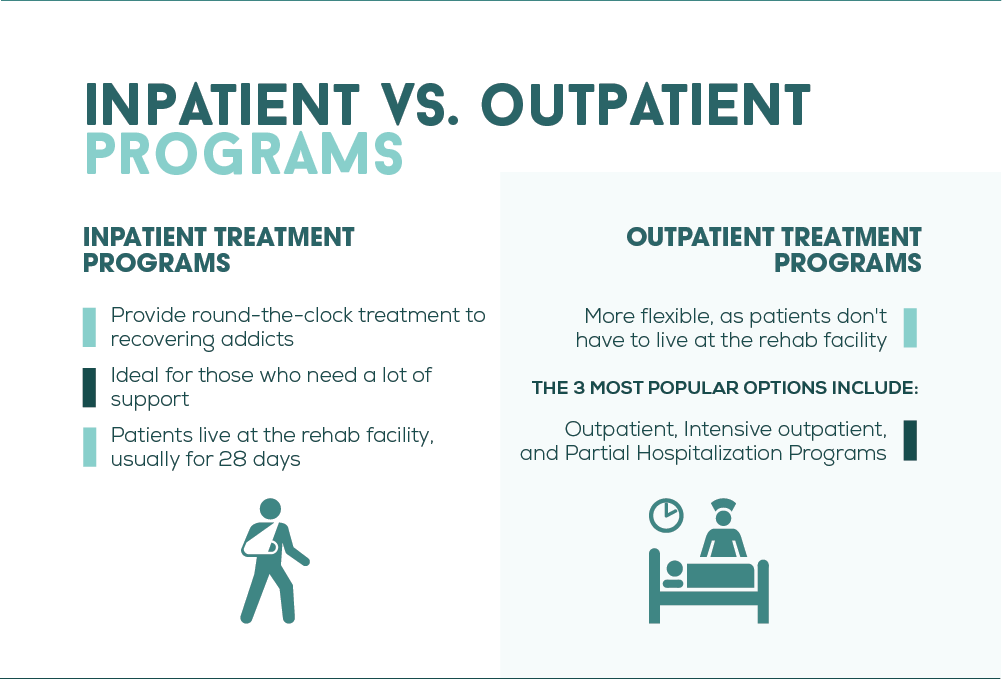
The most important thing that you need to consider when seeking addiction treatment help is the level of care that you need. You can choose between inpatient rehab and outpatient rehab programs. The difference between these rehab programs is the amount of care that you'll receive. The structure of these programs will also vary a bit.
There are currently no residential inpatient treatment centers in Mountain Home, Idaho. This doesn't mean that it's difficult for residents to find treatment. There are a handful of options in Boise and other surrounding cities. Those who are willing to travel a bit can find even more options in Lewiston, Idaho Falls and Naf, Idaho.
Inpatient treatment programs provide around-the-clock substance abuse treatment care to recovering addicts. This is ideal for those who need a lot of support. They'll be able to turn to professionals whenever they feel unwell or anxious. The professionals will monitor their detox process and recovery process to make sure that they're on the right track.
With an inpatient program, patients choose to live at the rehab facility, usually for 28 days. Some rehab facilities offer longer treatment programs that take over 90 days to complete. This type of long-term care is usually reserved for those with a severe addiction.
To provide patients with a comfortable recovery environment, patients will stay at the treatment center without leaving the premises. This prevents them from getting influenced by external factors. They are able to recover in peace.
Upon entering an inpatient program, patients usually immediately go into a detox program. Most detox programs will take about 7 days to complete. After that's completed, patients will receive counseling and therapy. Counseling and therapy can help you learn how to stop intrusive thoughts.
If you're thinking about choosing a residential rehab program, take a look at the video below to learn more about the 13 questions you should ask. The more you familiarize yourself with the rehab facility, the more informed of a decision you can make. Learn about the treatment programs available and what will work best for your situation. It'll be worth it.
Once again, there are no outpatient rehab centers in Mountain Home, Idaho. With that said, residents don't have to look far. There are plenty of options in nearby cities, like Idaho Falls and Boise, ID. Some of these treatment centers are just a 30-minute drive away.
Outpatient treatment programs are a more flexible, as patients don't have to live at the rehab facility. This means that they can come and go as they wish. They won't feel shackled down to a treatment plan.
There are many options when it comes to outpatient treatment programs. The three most popular ones include:
Outpatient programs usually take months to complete. Most recovering alcohol abusers and drug abusers will stay in an outpatient program until all of their psychological withdrawal symptoms have disappeared. This can take up to a year at times.
Both inpatient and outpatient programs offer unique characteristics. Weigh out the pros and cons of each program to get a better idea of which option may be the best for you.
To make the decision easier for you, we've put together a table of the advantages of both inpatient and outpatient programs.
Pros of Inpatient Programs
Pros of Outpatient Programs
Northpoint Recovery is an inpatient program. We highly recommend that those who are struggling with a substance use disorder (SUD) try an inpatient program first. This is because these patients tend to need the most support. After all, they may not understand the cycle of addiction. Everything is still very new to them.
If you're interested in an outpatient program, you can still contact us. One of our other locations is in Boise, ID. This rehab center is called Ashwood Recovery, and it's an outpatient drug and alcohol rehab facility.

Take one of our addiction quizzes to find out if you or someone you care about needs help today.
The Promise Program through Ashwood Recovery can help people get the mental health services they need. We work with many people who have recently been through an inpatient stay who need further treatment. Our clients may be suffering from many types of mental illnesses.
Every client receives their own, personalized treatment plan, which may include any of the following:
At Northpoint Recovery, we want to help people get the services they need so they can recover. Whether they need mental health or addiction services, we can offer assistance or referrals for programs that can.

Our admissions coordinators are here to help you get started with treatment the right way. They'll verify your health insurance, help set up travel arrangements, and make sure your transition into treatment is smooth and hassle-free.
Contact Us